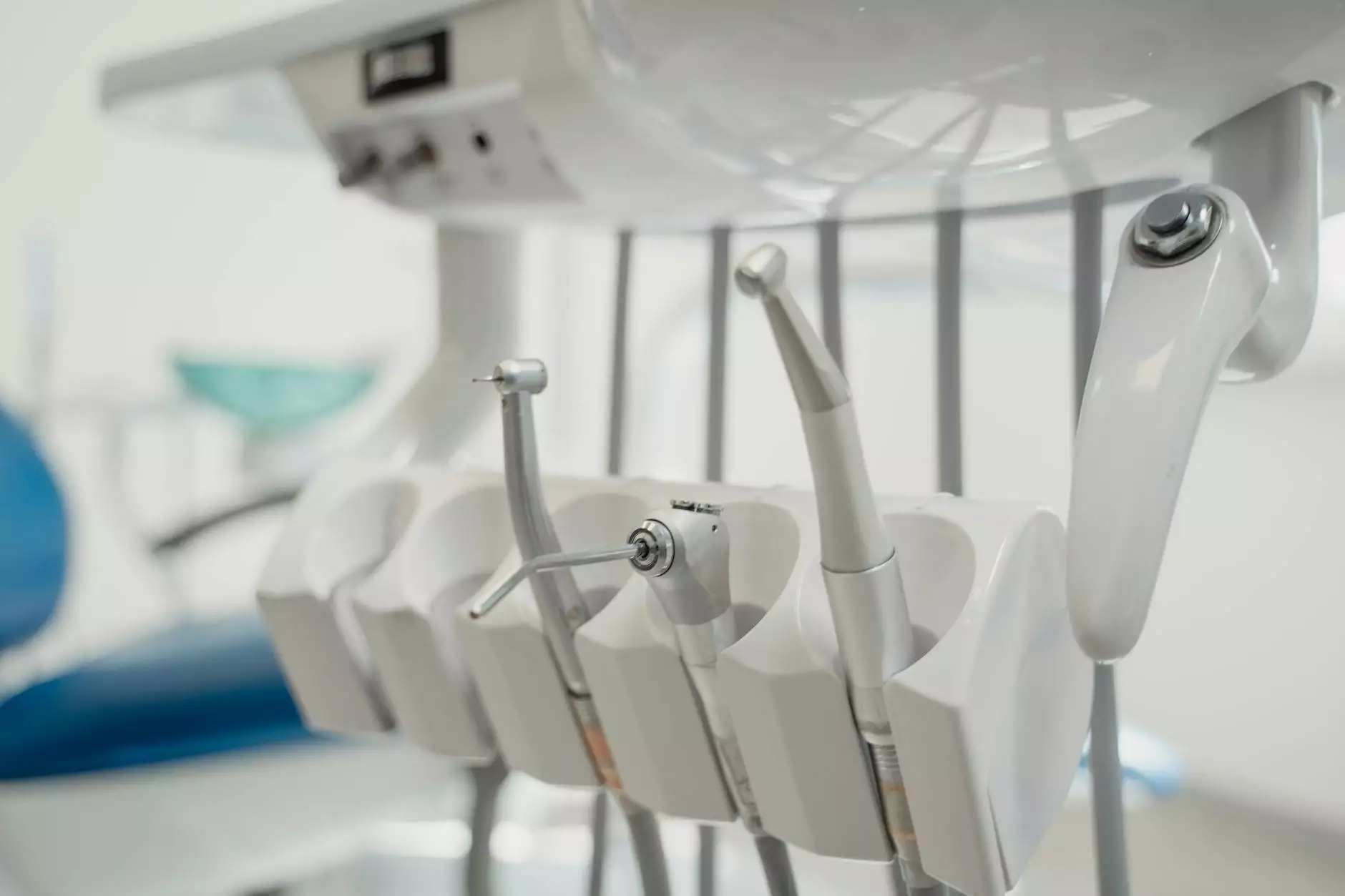Understanding Private Dentist Costs

The decision to seek dental care can often be daunting, especially when considering private dentist costs. Understanding these costs is crucial for anyone looking to maintain their oral health through high-quality dental services. In this article, we will delve deeply into the nuances of private dentist fees, the factors that influence these costs, and how to assess whether the investment in private dental care is worthwhile for you.
Why Choose Private Dentistry?
Private dentistry offers several advantages over NHS options, including:
- Shorter Wait Times: Private practices typically provide quicker appointments and reduced waiting times for treatments.
- Personalized Care: Patients often receive a more individualized treatment plan tailored to their specific needs.
- Extended Services: Access to advanced procedures and cosmetic dental options that may not be widely available through public health services.
Factors Influencing Private Dentist Costs
When evaluating private dentist costs, it's essential to understand the various factors that can influence the overall fee structure.
1. Geographic Location
The cost of dental services can vary significantly based on location. Dental practices in metropolitan areas tend to have higher overhead costs, which can be passed on to patients. Conversely, practices in rural areas may offer more competitive pricing due to lower operational costs. It is essential to research dental practices in your area, such as Castle Rising Dentist, to compare prices and services.
2. Type of Dental Procedure
Different dental procedures come with varying levels of complexity and time requirements, which directly influence costs. Common services include:
- Routine Check-Ups: These are often the least expensive services and typically range from £30 to £100.
- Fillings: The cost may vary based on the material used and can be anywhere from £50 to £300.
- Root Canals: These complex procedures can range from £200 to £1,000 depending on the tooth involved.
- Braces and Orthodontic Treatments: Typically more costly, with procedures ranging from £1,500 to over £5,000.
- Cosmetic Dentistry: Services such as teeth whitening and veneers can range from £200 to several thousand pounds.
3. Materials and Technology
Modern dentistry often utilizes advanced materials and technology to achieve better results. While this can lead to higher costs initially, it often results in longer-lasting and more effective treatments. For example, the use of ceramic or composite materials for fillings can be more expensive than traditional amalgam fillings but offer better aesthetics and biocompatibility.
4. Dentist's Expertise and Specialization
Specialists such as orthodontists, oral surgeons, and periodontists typically charge higher fees due in part to their advanced training and skills. When considering a private dental practice, it is important to choose a provider who suits your specific needs and expectations.
What Should You Consider When Choosing a Private Dentist?
Before making a decision about which private dentist to visit, consider the following factors:
- Reviews and Recommendations: Look for reputable reviews and testimonials online, and ask friends and family for personal recommendations.
- Consultation Availability: Many private dentists offer free consultations, allowing you to gauge their service quality and approach before committing.
- Payment Plans and Insurance: Inquire whether the practice offers payment plans or accepts insurance to help manage costs.
Additional Costs to Consider
While the procedure itself is a significant component of private dentist costs, additional fees might be associated with your treatment:
- X-Rays: Necessary for diagnosis and treatment planning, these can add £20 to £100 to your bill.
- Follow-Up Visits: Some treatments require multiple visits, which may incur further charges.
- Anesthesia and Sedation: If required for more invasive procedures, these can also contribute to higher expenses.
Financing and Payment Options
Understanding how to budget for private dental care is essential. Here are some common financing options:
- Payment Plans: Many dental offices provide in-house financing or payment plans, allowing you to spread out the cost over several months.
- Health Care Credit Cards: Cards specifically designed for health care expenses can offer deferred interest or flexible payment options.
- Dental Insurance: If you have coverage, check your policy for specifics about what is covered and any out-of-pocket costs.
Is Private Dentistry Worth the Cost?
Ultimately, the decision about whether private dentistry is worth the investment depends on your personal circumstances. Factors to weigh include:
- Urgency of Care: If you have immediate dental needs, private dentistry can provide quicker access to treatment.
- Quality of Care: The personalized, high-quality care often found in private practices can lead to better overall dental health.
- Long-Term Cost Savings: Investing in preventive care and high-quality treatments can prevent more significant health issues and expenses in the future.
Conclusion
Understanding private dentist costs is essential for making informed decisions about your dental health. With several factors influencing prices—from the type of treatment to the dentist's expertise—it's crucial to research and compare options. By doing so, you can ensure that you receive the best dental care tailored to your needs while being mindful of costs. At Castle Rising Dentist, we are committed to providing high-quality dental care with transparency in our pricing, enabling our patients to make well-informed choices about their oral health.









